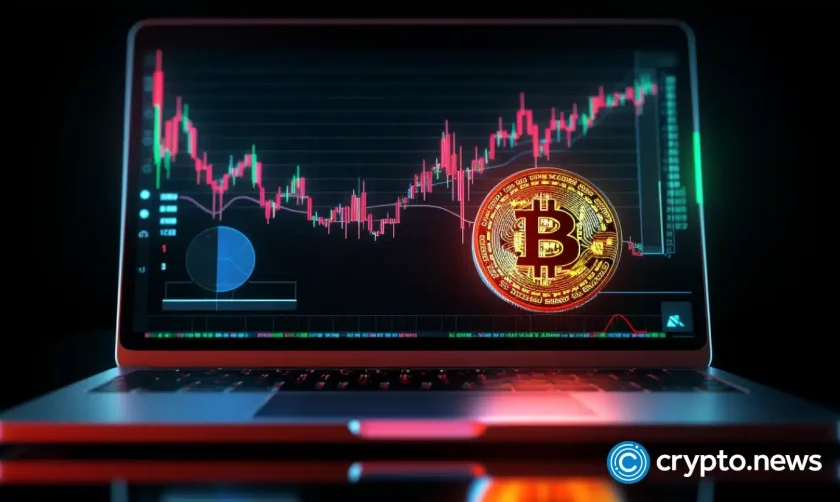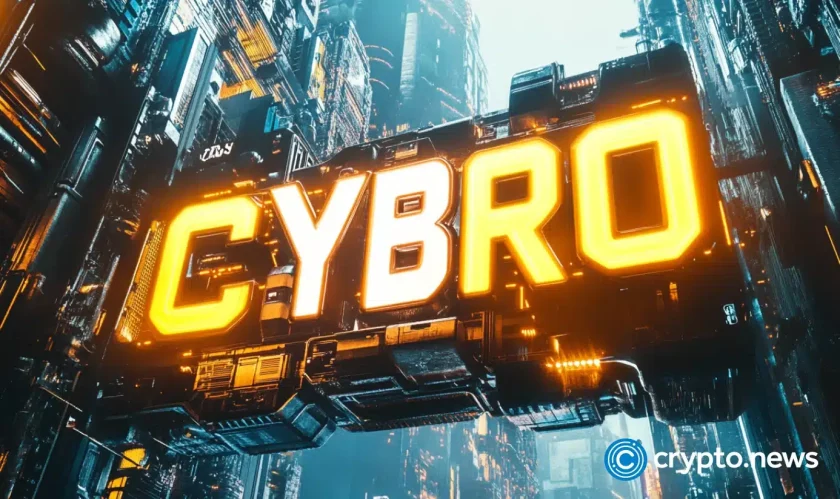So is this net bullish for bitcoin (BTC) – Dr Craig S Wright says he can’t access the 1.1 million bitcoin ($12 billion at today’s prices) he is being sued for (actually half that amount) by the estate of his former business partner David Kleiman.
That would mean that 1.1 million bitcoin will need to be added to the “lost” pile.
Blockchain analytics and consultancy firm Chainalysis published a report in 2017 that put the figure for total lost coins at anything between 2.78 and 3.79 million, a huge chunk of the total supply of 21 million, all of which will have been mined by 2140.
Has the market priced in more “lost” bitcoin?
So what bearing would adding another 1.1 million to those “lost” figures have on the bitcoin spot price, or was a part of the hoard at least partially counted in Chainalysis’ report and therefore is already priced in by the market?
The Chainalysis research involved stepping back through the blockchain transaction record to come up with its conclusions, but there was a fair bit of “sampling” involved and other methodological assumptions that mean its findings are empirically based guesstimates as opposed to exact science.
Because of that it is difficult to know whether the researchers were including the Kleiman/Wright horde under the percentage lost in the “original coins (satoshi coins)” segment or the “out of circulation (hodlers)” one (see the table reproduced below).
Chainalysis defines “original coins” as the roughly 1 million of those mined before Satoshi’s “disappearance” in 2011.
By the end of 2011, year three of bitcoin, 2,981,300 had been mined in total, so a third or those are associated with Satoshi.
Assuming it isn’t accounted for in either would be very bullish for bitcoin as it removes substantial supply from valuation equations.
We also have to assume that Wright was not being economical with the truth in court in what, by all accounts, was an emotionally fraught encounter.
Where does Calvin Ayre fit in?
With all that in mind, what are we to make of the claims of Wright supporter billionaire Calvin Ayre who was just a couple of weeks back broadcasting the pair’s intention to dump BTC for BSV as soon as the court case had been won?
Those who suspected that was empty bravado will find vindication in the latest court developments, and so too no doubt those who are less than convinced of Wright’s claims to be Satoshi Nakamoto.
It has no doubt always struck mere mortals like myself that if you are a billionaire supporter of a coin such as Bitcoin SV, why not put your money where your mouth is and corner the market?
Given that no one much is using Bitcoin SV (98% of activity comes from an automated weather app), you are not going to harm adoption by depriving its ‘economy’ of the majority of circulating supply.
Once a critical mass of the circulating supply is secured (and the price appreciation that could happen as a result of such intervention), then control further control of the the price through manipulation of the smaller outstanding circulating supply could be effected.
Naturally that would come with the substantial risk that the network fails in its stated aim of becoming the transactional token that fulfils the original mission statement of bitcoin as “peer-to-peer electronic cash” of the digital (and non-digital) world.
Indeed, it is not even necessary to buy the majority of the coins to control price movements of a relatively liquidity-starved token such as BSV, despite its impressive sounding $3.6 billion market cap.
In a scenario of non-usage the token price goes to zero and the funds Ayre allocated to the token would have ended up being destroyed capital. That’s probably why there has been no sign of Ayre (or Wright) trying to corner the BSV market since the forking of Bitcoin Cash back in November last year.
What does “inaccessible” bitcoin addresses really mean?
Also, with no publicly available transcript of Wright’s verbatim remarks, from a distance we cannot be sure what the context for “inaccessible” was exactly.
Is it inaccessible because the trust we were previously told had custody of the bitcoin is not legally in a position to give way to the court? It has also been reported that the coins were described as being “not easy to access”, which is not the same as “inaccessible”.
Will the judge seek to bring the blind trust members before the Florida court?
Wright has previously stated that after mining block 70, all subsequently newly minted coins went directly to trust members because the private key had been split into multiple key shares and then given out to the individual members of the trust.
It is hard to square the circle of computer scientist and consummate entrepreneur Wright not being cognisant of the value of the hoard, although it was obviously worth much less in 2010 when he says he stopped mining and working on bitcoin.
After all he even told the court that he didn’t want the money because it was too much.
Would Wright (and Kleiman) really be so negligent as to destroy, misplace or otherwise make inaccessible his private keys or create a blind trust structure so labyrinthine and opaque as to render the bitcoin “inaccessible”?
Lawyer says Wright could be heading for a fall
Lawyer Stephen Palley who has been following the case reminds us that the recent hearings were centred on Wright’s conduct in the litigation proceedings. In that regard Wright has not done himself any favours. He didn’t exactly make amends by turning on the water works, swearing and throwing documents about, according to reports.
Palley thinks things as they stand are going the way of David Kleiman’s estate although the next hearing is not expected until August apparently, but the judge could make a ruling before then.
Was Wright holding back tears because he is retrospectively worried that his behaviour to date makes it more likely he will be found in contempt of court?
All of a sudden, after months of hearings and recent mediation efforts that “didn’t settle”, the judge may be losing patience with Dr Wright.
Despite statements attributed to Wright that suggested he was not going to turn up in Florida when summoned to do so by the federal court, he presumably was advised that would be a very bad idea as it would leave open the likelihood of a default judgement by the US court.
Wright, an Australian who is now resident in the UK, would probably have found himself dragged before the US court as the UK ones would be reluctant to deem the US proceedings to be unfair in some way.
Wright may have good reason to want to cry
He must be hoping that his conduct to date hasn’t influenced the judge to decide that the property at the centre of the litigation must be shared between the two erstwhile business partners.
Wright’s contention is that Kleiman was only brought on board to cover “Satoshi’s” tracks in the public record, and that Kleiman didn’t own any of the bitcoin.
The Kleiman estate for its part charges that Wright fraudulently parted Kleiman from his property.
If the judge is leaning towards that determination as Pulley seems to think, then Wright certainly has reason to cry; and that’s regardless of whether his disputed claim to be Satoshi is proved in the High Court in London.
If the Kleiman estate wins there may presumably be another court case to explore/force access to the “inaccessible” addresses, if it is not ordered by the judge in the current case.
Whatever the legal fallout from Kleiman v Wright, it is sure to impact the bitcoin price.




